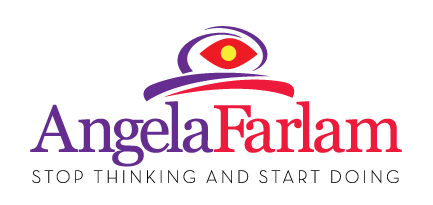How many times have you been told to relax, but found it impossible to do? As much as we might want to, sometimes it seems that our bodies and minds just won’t let us.
Let’s explore what relaxation is, why it’s important, and some techniques that you can use to make it happen.
Starting with defining relaxation.
According to the American Psychological Association, relaxation is “a state of diminished physical and mental tension or stress.” In other words, it’s the opposite of being anxious or stressed.
When we’re relaxed, our heart rate and breathing slow down, our muscles loosen, and we may even feel a sense of calm or peace. notice how your body feels when you’re relaxed. Often after a hypnosis session with me, people feel a little spaced out as they are not used to relaxing their mind from the constant noisy chatter.
Why it’s important.
Relaxation isn’t just a state of mind; it has real implications for our physical health as well. When we’re tense or stressed, our bodies go into “fight-or-flight” mode, releasing stress hormones like cortisol into our system. This can lead to a variety of health problems over time, including high blood pressure, heart disease, obesity, diabetes, and more.
So how can we achieve this elusive state of relaxation? Here are a few tips:
1) Get moving: Exercise is a great way to reduce stress levels and promote relaxation. Just 30 minutes of moderate exercise (think brisk walking or light jogging) per day can make a big difference.
2) Connect with others: Spending time with loved ones – whether in person or virtually – can help reduce stress and promote relaxation. Talking about your feelings openly and honestly can also be helpful in managing stress levels.
3) Make time for yourself: In today’s fast-paced world, it’s more important than ever to make time for yourself. Whether it’s taking a bubble bath at the end of the day or reading your favourite book before bedtime, carving out time for activities that you enjoy can help reduce stress and promote relaxation.
4) Practice mindful meditation: Mindful meditation involves focusing your attention on the present moment while letting go of judgmental thoughts. This can help reduce stress and promote a sense of calmness and peace.
5) Try deep breathing exercises: Deep breathing is one of the simplest and most effective ways to promote relaxation. When you feel yourself getting tense or stressed, try taking slow, deep breaths through your nose and exhaling slowly through your mouth. You should feel your stomach expand as you inhale and deflate as you exhale.
Conclusion:
Relaxation is an important part of maintaining physical and mental health – but it’s not always easy to achieve! we’ve explored what relaxation is, why it’s so important for our health, and some tips for how to relax when life gets stressful. Give these techniques a try next time you’re feeling tense or stressed – you may be surprised at how effective they are in promoting relaxation!
I’ve found hypnosis to be one of the fastest ways to quiet the mind and experience a deep sense of relaxation and offer packages tailored to your individual needs.
The automated link is below which takes you to my online diary. You just pick a convenient time for us to connect. We both receive a confirmation email and all you need is a stable internet connection and a place you can relax without being disturbed.
http://www.angelafarlam.com/appointment-booking/
